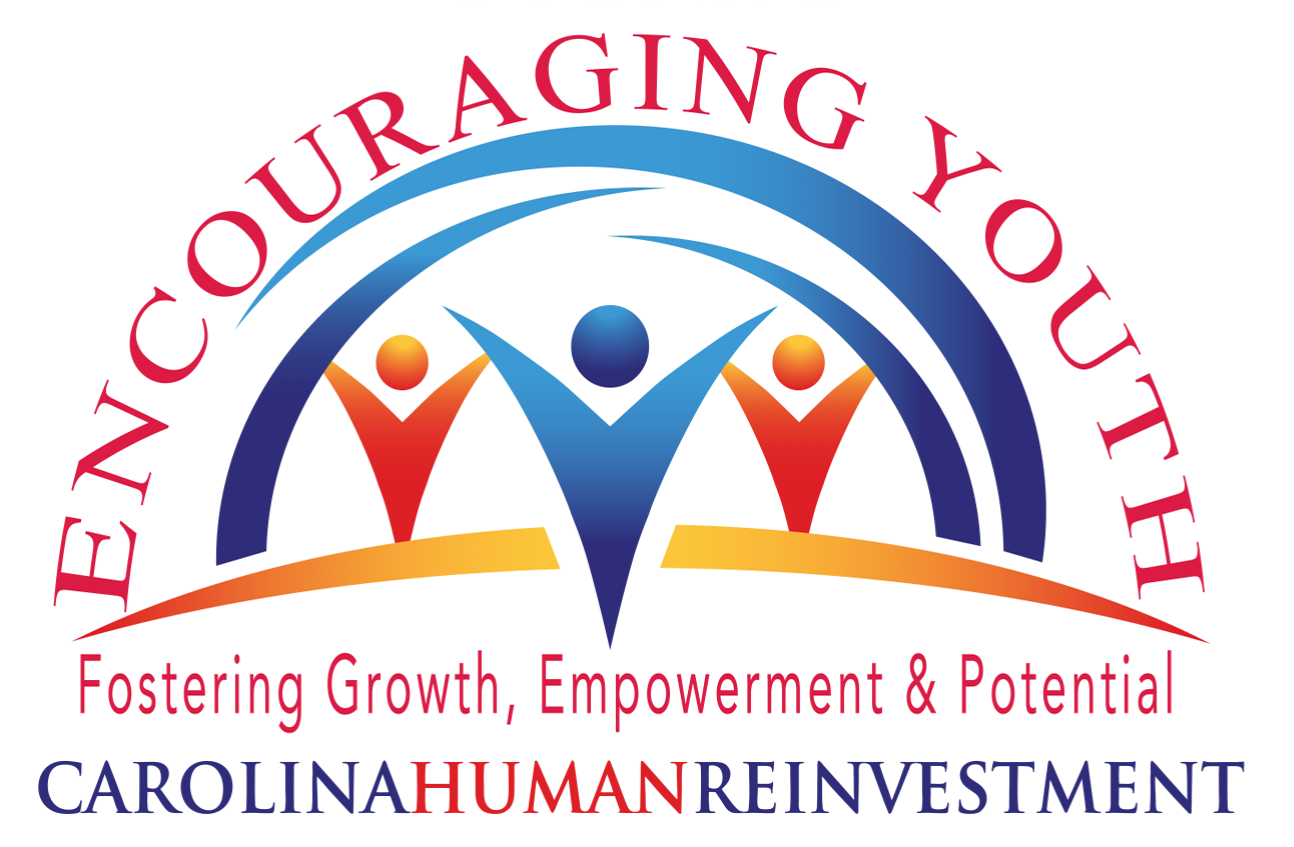Self-Management
The Biggest Generation
ABOUT THE PROGRAM
Scientists and physicians are calling obesity among America’s youth an epidemic. In fact, some medical practitioners are predicting for the first time in American history that this generation of young people will have a shorter lifespan than their parents, all because of expected health problems later in life related to weight. Diabetes, high blood pressure, high cholesterol, heart attacks, strokes, cancer – what can we do?
FAMILY DISCUSSION GUIDE
These discussion questions are provided for families to extend learning as they watch The Biggest Generation. They are meant for parents and caregivers to use with their children as a way to solve issues together.
DOWNLOADABLE GUIDE
Click number to proceed.
PART 1
1. Obesity is not a virus, so why do experts use the term “epidemic” to describe youth obesity?
VIDEO SEGMENTS
PART 2
2. Dr. Howell Wechsler comments that many schools offer great, “physical education programs, school meal programs, health programs, after school programs”. How do you think he would rate these programs at your/your child’s school? Why do you say so?
3. If your family began keeping a daily nutrition planner, what would you expect to discover? Are you happy with this? Could positive changes be made?
4. Why do you think that quality physical fitness is connected to learning and school success?
VIDEO SEGMENT
PART 3
5. Does your family participate in enough fun activities that are also active? Talk about examples.
6. Have each family member research a new family activity that is both fun and active and try it out! Why is it a good idea for families (or other groups) to be active together?
7. Why do you think it takes weeks or even months for people to realize that exercise can be fun?
8. CDC data from 2019 indicates that about 40% of adolescents eat one or no fruits and vegetables each day. What suggestions would you have to improve this? Why would your ideas work? Think about your own family and what needs to be done to improve family members’ daily intake of fruits and vegetables
VIDEO SEGMENT
PART 4
9. What are some issues in your/your child’s school or community that a student could take on to help their peers make better choices about nutrition and exercise? List some ideas and develop a plan together that your child and family can implement.
10. Are there changes that need to be made in your/your child’s school, district, or community regarding youth health or nutrition? Develop an action plan with your child for how a local group of students can make the changes you have identified. Describe why your plan would work. Try putting it in motion!
VIDEO SEGMENT
PART 5
11. Why does the narrator in the video say, “There isn’t one simple reason for the epidemic of childhood obesity.”? What does she mean by this? Why do we need to look at many different causes of childhood obesity?
12. What are the habits the family in the video has developed or needs to develop to promote a healthy lifestyle? Is this enough? Why or why not?

